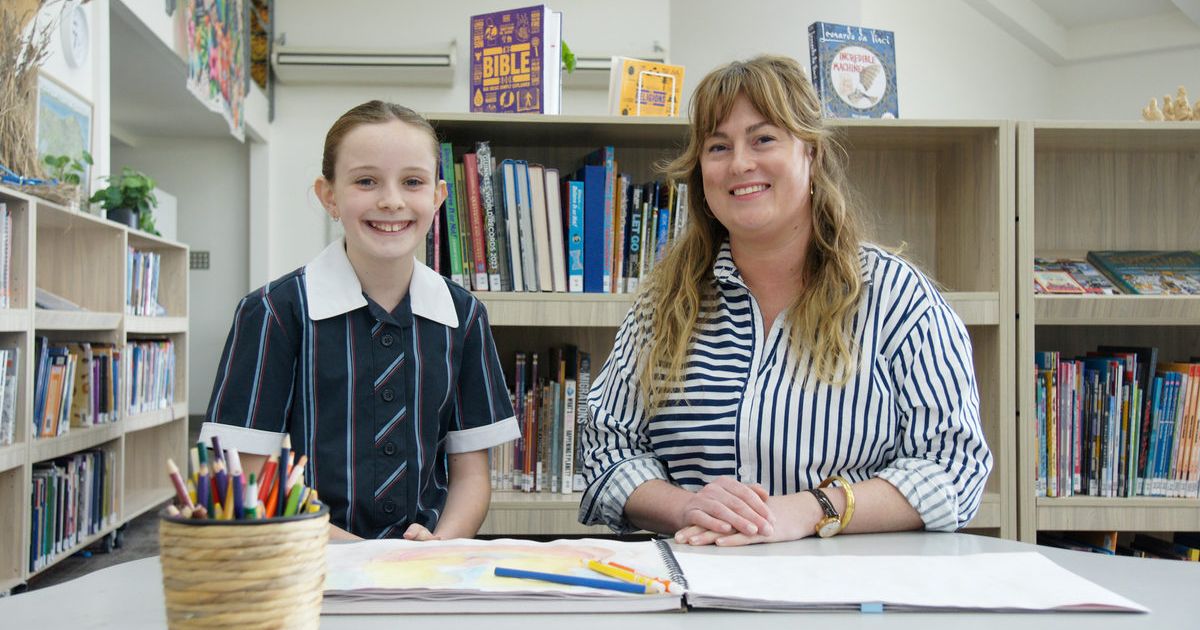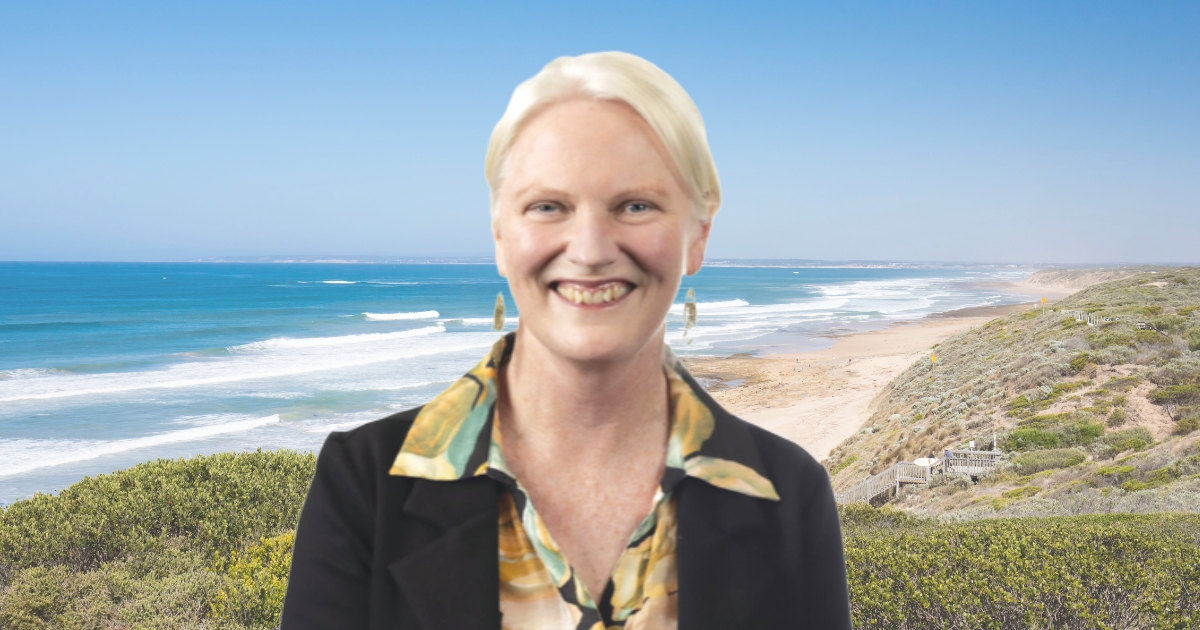Survey to measure plastic pollution

"Fourteen" balances its heavy themes with humour and a soundtrack of the 90s hits and bubblegum pop tracks that Molloy attributes to saving his life. Photos: JOEL DEVEREUX
BELLARINE Catchment Network, in partnership with the City of Greater Geelong, is teaming up with the CSIRO to contribute data to a national baseline survey to end plastic waste.
The biannual Greater Geelong Plastic Pollution survey will see community citizen-scientists from Lara to Ocean Grove help researchers and the city better understand plastic pollution.
The Marine Debris team at the CSIRO lead the world’s largest plastic pollution survey, with dozens of countries participating in the global effort to understand the plastic crisis threatening our oceans.
The Greater Geelong Plastic Pollution survey will use the methodology developed by the CSIRO and contribute local data, helping develop the most accurate understanding of plastic pollution in our country.
Volunteers will be able to adopt one of 16 sites throughout Greater Geelong to survey twice a year in their local neighbourhoods, shopping centres, and rural paddocks.
The data will reveal the main drivers of plastic pollution within Greater Geelong, the most successful intervention strategies, and the amount and types of litter in the environment.
Workshops are being hosted by BCN and CSIRO in North Geelong and Indented Head, where volunteers will learn more about the program and how to complete a survey.
About six to 12 million metric tonnes of plastic is entering the world’s oceans each year.
As consumption rises, it is likely that there will be more plastic in the ocean than fish by 2050.
Plastic that ends up in the ocean usually travels there from inshore via waterways, or is transported via rain and wind.
Team up with friends, colleagues or family and meet like-minded citizen scientists to help end plastic pollution in our oceans.
Rebecca St Ledger, sustainability and circular economy coordinator at the Bellarine Catchment Network, is co-ordinating the program and is excited to get started.
“We are very happy to be working alongside the prestigious CSIRO Marine Debris team and to contribute data to the world’s largest plastic pollution survey,” she said.
“Our organisation has been committed to ending plastic pollution that harms Port Phillip Bay and its marine wildlife for some time, and are looking forward to continuing that mission.”
Cr Jim Mason, chair of the city’s environment portfolio, said this important survey would provide a clearer picture on what is and isn’t working when it comes to tackling plastic pollution.
“As a city-region surrounded by beautiful waterways, understanding plastic pollution is crucial to protecting Geelong’s unique natural environment.
“We’re proud to be the first council to join CSIRO and the Bellarine Catchment Network in this important program, and I encourage local nature-lovers to take part.”

















